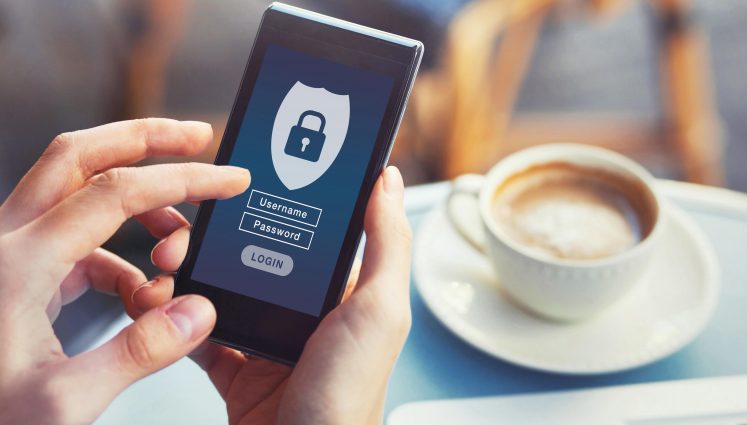
How to Best Manage Your Passwords
By Distributel
If you’re like us, you have several dozen passwords and PINs. Your email, phone, streaming services, online banking, various online shopping accounts, internet service, router, and more require unique passwords. But there’s not much of a chance of you remembering dozens of passwords. So what should you do?
Don’t Reuse Passwords
Say your local pizza joint gets hacked and the hackers get a list of passwords and emails. The first thing they’ll do is plug that email and password combination into other sites like Amazon and see if they can get anywhere. If that password you used for a silly pizza delivery service is the same as the one you use for your bank, internet service, or Amazon, then the hackers are in business. They can take money from you and harvest even more of your personal data.
Eliminate Accounts
Have you registered for online shopping accounts you’ve used once and never again? Old fitness apps? The fan site for a band? A classifieds service you no longer use? A gaming platform you don’t like anymore? A meal delivery service that you sampled?
Get rid of all these zombie accounts.
Make a list of every account your email is attached to (if you kept your registration emails, they’ll come in handy) and delete all the accounts you no longer use.
Use Guest Check-Out
Know what makes password management easier? Having fewer passwords.
If you want to shop online but don’t want to give a company your information or don’t want to come up with yet another password, use guest check out. You’ll have to type in your payment information every time, but that extra forty-five seconds isn’t much, and you never know which company will get hacked next.
Get a Password Manager
A password manager is a program that stores all your login information for all your sites and accounts and inputs them for you. Essentially, you won’t need to remember password information anymore.
If you have a password manager installed, when you visit a site like Amazon, your password manager will log you in without you needing to do anything. The biggest draw is that you can come up with a unique password for every site and never have to remember it, because your password manager will do it for you. You can even start using really complicated passwords, such as Qsoid78))z or dontcountyourchickensbeforetheyhatch. You won’t need to remember them, your password manager will do it for you.
If you visit a site that asks security questions, most password managers can answer these as well. That way, you can use custom, nonsensical questions like,
q: where does a fairy brush her teeth?
a: a dachshund
Why? Because questions like where were you born are things that are easily researched. That’s one reason why celebrities are always getting hacked. If you use a unique and impossible to guess security question and just have your password manager remember the information, you’re more secure.
Another good thing about password managers is you can buy one that is cross-platform. For example, if your household has a Windows PC, you have an iPhone, and your partner has an Android, you could get a password manager that operates on all those platforms.
Some notable password managers include dashlane, lastpass, keepass, and 1password, but there are dozens of reputable password managers you can use at all different price points. When evaluating password managers, look at cost, number of accounts you can manage, how many devices you can use the program on, different platforms you can use it on, and whether it warns you if a site you’re on has been breached.
Remember, as our digital lives get more and more complex, there will be more and more passwords to keep track of. At a certain point, it’s better to get a secure program to do the job for you.
Imagine the freedom of home internet with NO data caps. With Distributel, it’s possible. Click here for details
